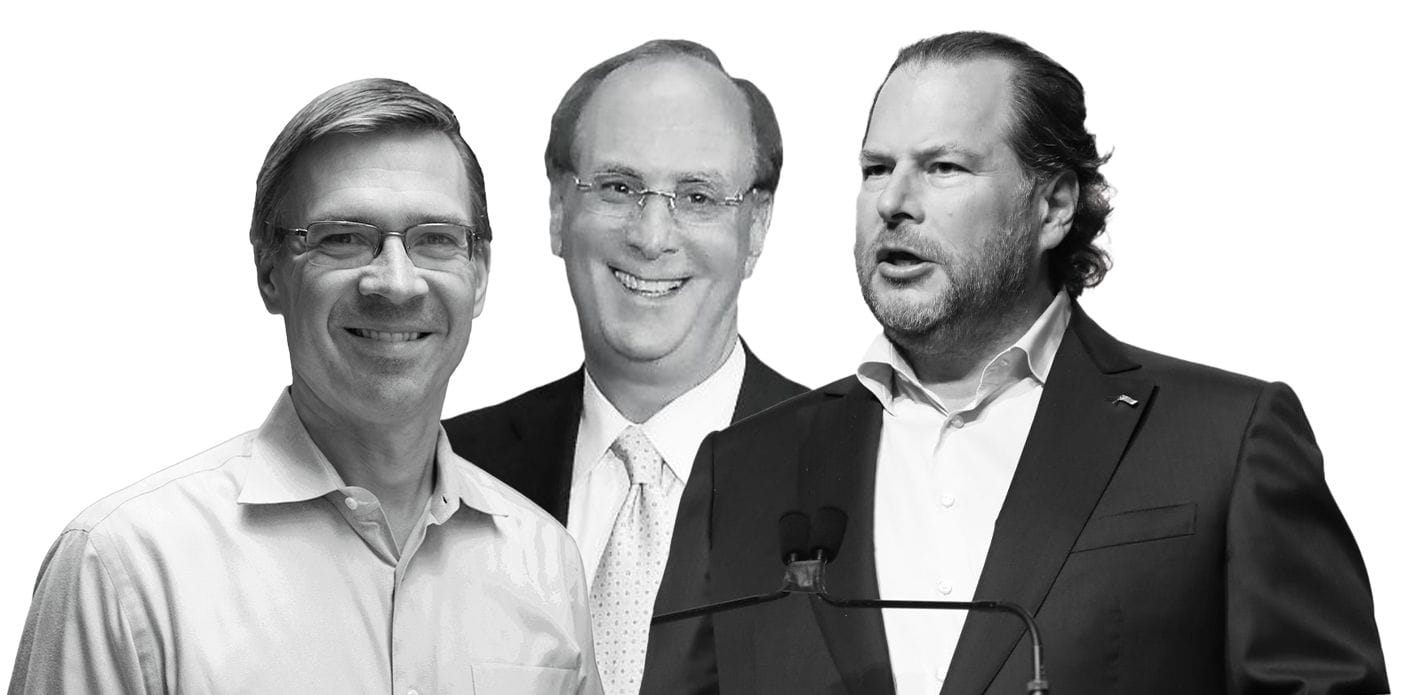With so many social, political, and environmental issues coming to a head at once, the concepts taught in management professor Witold Henisz’s course Corporate Diplomacy: Aligning Stakeholder Analytics and Strategy have perhaps never been more relevant. “Firms exist in an environment influenced by political and social forces,” says Henisz, who also directs Wharton’s Political Risk Lab and founded the School’s Environmental, Social, and Governance Analytics Lab. “They don’t just exist in isolation, and they — and their investors — have to take those factors into account.”
It has also never been easier for companies to identify the issues that matter most to the public. “We have a lot more data than we used to about the way the world is changing,” says Henisz. Through media and social media analysis, businesses nowadays can pinpoint issues more quickly and at more granular levels — such as by country or city.
It’s one thing, however, to identify a problem and another to act on it — a factor that’s at the heart of Henisz’s course. In addition to preparing students to identify the issues stakeholders care about, he gives them the tools to convince others to adjust company practices accordingly. “I don’t think it’s ever been as evident as in the past year that the future leaders coming out of Wharton have a responsibility and a need to shift the way their companies and investors behave,” he says. A selection of readings from the course illustrates the concepts taught to students.
“We Need a New Capitalism”
Henisz introduces this New York Times op-ed by Salesforce CEO Marc Benioff alongside other pieces from prominent business leaders to show that worries over issues such as income inequality and climate change have reached the top levels of corporate America. “These are concerns that people who are widely successful capitalists are speaking out about. It’s not just fringe activists,” says Henisz. “When people at that level start talking about these issues, it gives them more credibility.”
“A Fundamental Reshaping of Finance”
In 2020, BlackRock chief Larry Fink’s annual letter to CEOs — regarded as a bellwether for business — put climate risk squarely in the spotlight. “Our investment conviction is that sustainability- and climate-integrated portfolios can provide better risk-adjusted returns to investors,” Fink writes before detailing initiatives by his firm to prioritize sustainability in its investments and to confront climate change.
“Five Ways That ESG Creates Value”
Part of getting business leaders on board with addressing societal issues is showing them exactly how doing so affects the bottom line. This McKinsey Quarterly piece — authored by McKinsey’s Robin Nuttall and Tim Koller as well as Henisz himself — digs into the specifics of how a company’s environmental, social, and governance strategy influences sales growth, costs, legal liabilities, worker productivity, and investments. The article, says Henisz, “gets past whether ESG is good or bad and gets under the hood.”
“Breaking Ground: Engaging Communities in Extractive and Infrastructure Projects”
Henisz uses this report by the World Resources Institute to talk about how companies can give voice to people with little power, particularly citizens of low-income countries who are affected by industrial development projects such as mining and pipeline construction. “Rather than dealing with a powerless group with force, condescension, or charity, the article outlines ways to engage them as equals,” says Henisz.
“How Hedge Funds (Secretly) Get Their Way in Washington”
Students read this Bloomberg Businessweek piece among a handful of articles for a class on corporate propaganda. “The class is built around the idea that if we understand people and their issues of concern, and we present evidence that those issues are financially material, then it enhances a business’s profits if it does something about those issues,” says Henisz. “The problem is that there are two ways of doing that.” One way, he says, is to combat the problem. The alternative is to use misinformation and pressure to influence people in another direction. The class session is designed to make students better detectors of corporate propaganda and more aware of associated government regulation.
“The Value Driver Model: A Tool for Communicating the Business Value of Sustainability”
This report from the Principles for Responsible Investment and the U.N. Global Compact LEAD gives companies looking to sway investors toward sustainable practices a material way to do so. The report — which focuses on assessing revenue growth, cost savings, and risk reduction stemming from such practices — lays out a blueprint for communicating overall financial impact.
Published as “A Corporate Reckoning” in the Spring/Summer 2021 issue of Wharton Magazine.
























